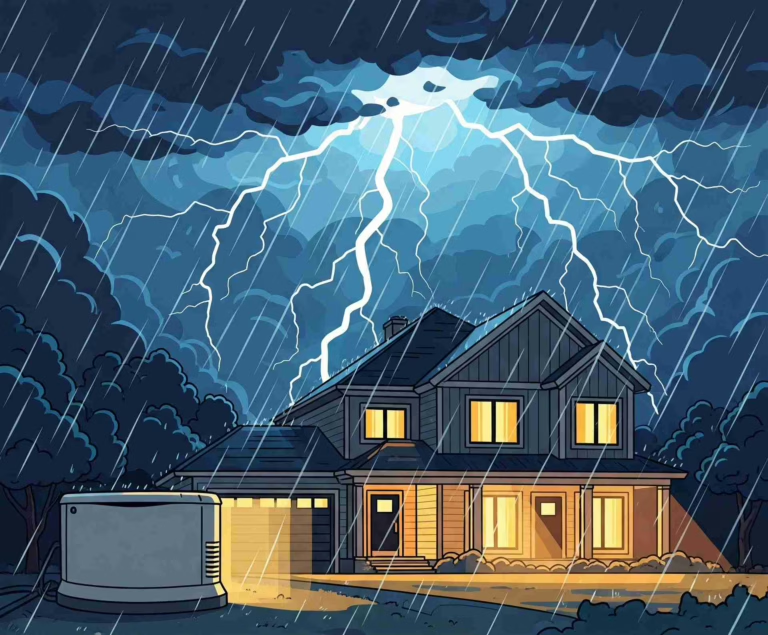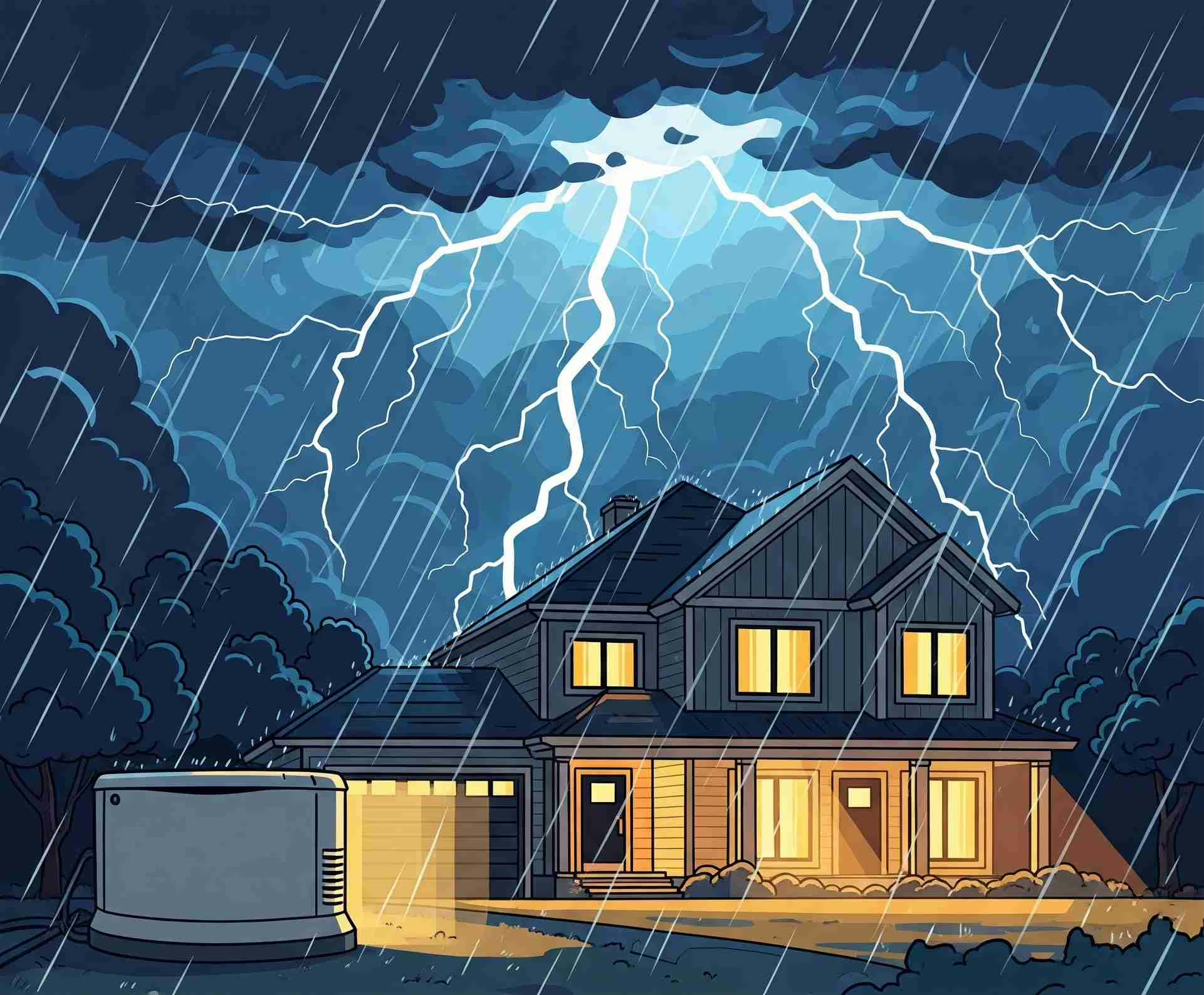The work is physically demanding, but not always in the way you might think. It’s not about being a bodybuilder; it’s about endurance, agility, and a high tolerance for discomfort. You’ll develop “near acrobat skills” navigating tight attics and cramped crawlspaces. You’ll end most days with minor cuts and abrasions. Your clothes will get damaged. This is the reality of the job.
Ultimately, your ability to thrive physically comes down to preparation. The work itself is manageable if you show up ready. That means:
Dress for the Job
Your physical comfort and safety start with the right gear for the conditions, whether it’s a hot attic or a cold crawlspace.
Mental Constitution
The job is as much a mental challenge as a physical one. You must have the drive to push through discomfort to see the task to completion.
Stay Prepared
Show up to the job site well-rested and well-fed. External stress from hunger or fatigue drains the emotional energy needed to stay motivated.
The emotional energy it takes to make that fifth trip into a hot, dusty attic is often greater than the physical energy. Being prepared minimizes that drain and lets you focus on the task.
More than any physical test, your success will be defined by your ability to think. This isn’t an exaggeration. Deep knowledge is what separates an installer from a true problem-solver and makes you invaluable.
Knowing the Code Saves Jobs
Recently, I encountered a situation where a service cable was in contact with insulation. An older version of the electrical code would have required a massive downgrade of the circuit breaker, making it too small for the load. But knowing the most current 2023 NEC allowed me to confirm that this specific derating rule had been removed. That knowledge saved the client a costly, unnecessary upgrade.
Technical Knowledge Prevents Failure
Knowing how to calculate conduit fill, understanding when you can downsize a neutral conductor, or using the proper technique for a long wire pull aren’t just “nice to know”—they are the difference between a smooth, successful installation and hours of frustrating, wasted labor trying to fix a jammed pipe.
Some days in this trade feel like magic. You show up on time, nothing falls out of the van, the customer is happy to see you, you have every part you need, and the work just flows. On those “peak” days, you feel like you’re the best in the world at what you do.
On the other hand, there are the “valleys.” The van gets a flat tire, a tool breaks, a part is missing, a previous contractor’s work is a mess, and every step of the job fights you. These are the days that test your character.
“The key is to not get too high on the peaks or too low on the valleys. The good days are a result of your preparation meeting opportunity. The bad days are a test of your professionalism and your ability to solve problems under pressure.”
Learning to manage that emotional swing and show up with a consistent, professional attitude every single day is one of the most important skills you will develop.
Whether it’s coworkers on a busy construction site or a homeowner watching over your shoulder, the electrical trade is fundamentally a people business. On any given day, you might encounter difficult personalities, work with someone who is having a bad day, or even deal with clients who don’t pay on time.
Ultimately, your job is to remain professional. Focus on the quality of your work and your attitude of service, and let the excellence of your craft be your ultimate response. In fact, your reputation isn’t just built on how you wire a panel; it’s built on how you handle yourself when things get tough.
If this reality check excites you more than it intimidates you, then you’re on the right track. In Part 4, we’ll get into specific, actionable advice for landing your first job as an apprentice in the electrical trades.


